 [
[Part 2 of 2
5. The Good Man and the Good Citizen
Having now surveyed Aristotle’s thoughts on the elements and proper aim of politics, we can now examine his arguments for popular government. When I use the phrase “popular government,” it should be borne in mind that Aristotle does not advocate a pure polity, but a mixed regime with a popular element.
Aristotle’s first case for bringing the many into government can be discerned in Politics 3.4. Aristotle’s question is whether the virtues of the good man and the good citizen are the same. They are not the same, insofar as the virtue of the good citizen is defined relative to the regime, and there are many different regimes, while the virtue of the good man is defined relative to human nature, which is one. One can therefore be a good citizen but not a good man, and a good man but not a good citizen. History is replete with examples of regimes which punish men for their virtues and reward them for their vices. Aristotle does, however, allow that the good man and the good citizen can be one in a regime in which the virtues required of a good citizen do not differ from the virtues of a good man.
The chief virtue of a good man is prudence. But prudence is not required of a citizen insofar as he is ruled. Only obedience is required. Prudence is, however, required of a citizen insofar as he rules. Since the best regime best encourages happiness by best cultivating virtue, a regime which allows the many to govern along with the few is better than a regime which excludes them. By including the many in ruling, a popular regime encourages the widest cultivation of prudence and gives the greatest opportunity for its exercise. The best way to bring the many into the regime is what Aristotle calls political rule: ruling and being ruled in turn, as prescribed by law.
Political rule not only teaches the virtue of prudence to the many, it teaches the virtue of being ruled to the few, who must give way in turn to the many. Since the few aspire to rule but not be ruled, Aristotle argues that they cannot rule without first having been ruled: “the ruler must learn [political rule] by being ruled, just as one learns to be a cavalry commander by serving under a cavalry commander . . . Hence is was nobly said that one cannot rule well without having been ruled. And while virtue in these two cases is different, the good citizen must learn and be able both to be ruled and to rule. This is, in fact, the virtue of a citizen, to know rule over the free from both sides. Indeed, the good man too possesses both” (3.4, 1277b7–16).
Aristotle names justice as a virtue which is learned both in ruling and being ruled. Those born to wealth and power are liable to arrogance and the love of command. By subjecting them to the rule of others, including their social inferiors, they learn to respect their freedom and justly appraise their worth.
6. Potlucks, Chimeras, Juries
Aristotle’s next case for bringing the many into the regime is found in Politics 3.11.[1] Aristotle seeks to rebut the aristocratic argument against popular participation, namely that the best political decisions are wise ones, but wisdom is found only among the few, not the many. Popular participation, therefore, would inevitably dilute the quality of the political decision-makers, increasing the number of foolish decisions. Aristotle accepts the premise that the wise should rule, but he argues that there are circumstances in which the few and the many together are wiser than the few on their own. The aristocratic principle, therefore, demands the participation of the many:
. . . the many, each of whom is not a serious man, nevertheless could, when they have come together, be better than those few best–not, indeed, individually but as a whole, just as meals furnished collectively are better than meals furnished at one person’s expense. For each of them, though many, could have a part of virtue and prudence, and just as they could, when joined together in a multitude, become one human being with many feet, hands, and senses, so also could they become one in character and thought. That is why the many are better judges of the works of music and the poets, for one of them judges one part and another another and all of them the whole. (1281a42–b10)
At first glance, this argument seems preposterous. History and everyday life are filled with examples of wise individuals opposing foolish collectives. But Aristotle does not claim that the many are always wiser than the few, simply that they can be under certain conditions (1281b15).
The analogy of the potluck supper is instructive (cf. 3.15, 1286a28–30).[2] A potluck supper can be better than one provided by a single person if it offers a greater number and variety of dishes and diffuses costs and labor. But potluck suppers are not always superior–that is the “luck” in it. Potlucks are often imbalanced. On one occasion, there may be too many desserts and no salads. On another, three people may bring chicken and no one brings beef or pork. The best potluck, therefore, is a centrally orchestrated one which mobilizes the resources of many different contributors but ensures a balanced and wholesome meal.
Likewise, the best way to include the many in political decision-making is to orchestrate their participation, giving them a delimited role that maximizes their virtues and minimizes their vices. This cannot be accomplished in a purely popular regime, particularly a lawless one, but it can be accomplished in a mixed regime in which the participation of the populace is circumscribed by law and checked by the interests of other elements of the population.
Aristotle’s second analogy–which likens the intellectual and moral unity of the many to a man with many feet, hands, and sense organs, i.e., a freak of nature–does not exactly assuage doubters. But his point is valid. While even the best of men may lack a particular virtue, it is unlikely that it will be entirely absent from a large throng. Therefore, the many are potentially as virtuous or even more virtuous than the few if their scattered virtues can be gathered together and put to work. But history records many examples of groups acting less morally than any member on his own. Thus the potential moral superiority of the many is unlikely to emerge in a lawless democracy. But it could emerge in a lawful mixed regime, which actively encourages and employs the virtues of the many while checking their vices. This process can be illustrated by adapting an analogy that Aristotle offers to illustrate another point: A painting of a man can be more beautiful than any real man, for the painter can pick out the best features of individual men and combine them into a beautiful whole (3.11, 1281b10–11).
Aristotle illustrates the potential superiority of collective judgment with another questionable assertion, that “the many are better judges of the works of music and the poets, for one of them judges one part and another another and all of them the whole.” Again, this seems preposterous. Good taste, like wisdom, is not widely distributed and is cultivated by the few, not the many. Far more people buy “rap” recordings than classical ones. But Aristotle is not claiming that the many are better judges in all cases. Aristotle is likely referring to Greek dramatic competitions. These competitions were juried by the audience, not a small number of connoisseurs.
A jury trial or competition is a genuine collective decision-making process in which each juror is morally enjoined to pay close attention the matter at hand and to render an objective judgment.[3] Although each juror has his own partial impression, when jurors deliberate they can add their partial impressions together to arrive at a more complete and adequate account. To the extent that a jury decision must approach unanimity, the jurors will be motivated to examine the issue from all sides and persuade one another to move toward a rationally motivated consensus. A jury decision can, therefore, be more rational, well-informed, and objective than an individual one.[4] The market, by contrast, is not a collective decision-making process. It does not require a consumer to compare his preferences to those of others, to persuade others of their validity or defend them from criticism, or to arrive at any sort of consensus. Instead, the market merely registers the collective effects of individual decisions.[5]
7. Freedom and Stability
Another argument for popular government in Politics 3.11 (1281b21–33) is that it is more stable. Aristotle grants the Aristocratic principle that it is not safe for the populace to share in “the greatest offices” because, “on account of their injustice and unwisdom, they would do wrong in some things and go wrong in others.” But then he goes on to argue that it would not be safe to exclude the many from rule altogether, since a city “that has many in it who lack honor and are poor must of necessity be full of enemies,” which would be a source of instability. Instability is, however, inconsistent with the proper aim of politics, for the good life requires peace. The solution is a mixed regime which ensures peace and stability by allowing the many to participate in government, but not to occupy the highest offices. In Politics 2.9, Aristotle praises the Spartan Ephorate for holding the regime together, “since, as the populace share in the greatest office, it keeps them quiet. . . . For if any regime is going to survive, all the parts of the city must want it both to exist and to remain as it is” (1270b17–22; cf. Aristotle’s discussion of the Carthaginians in 2.9, 1272b29–32; see also 4.13 [6.13], 1297b6).
In Politics 2.12, Aristotle offers another reason for including the populace in government. Solon gave the populace, “the power that was most necessary (electing to office and auditing the accounts), since without it they would have been enslaved and hostile” (1274a4–6). Here Aristotle makes it clear that he values liberty, and he values popular government because it protects the liberty of the many.
8. Expert Knowledge
In Politics 3.11 Aristotle rebuts the argument that the many should not be involved in politics because they are amateurs, and decisions in politics, as in medicine and other fields, should be left to experts. In response to this, Aristotle repeats his argument that the many, taken together, may be better judges than a few experts. He then adds that there are some arts in which the products can be appreciated by people who do not possess the art: “Appreciating a house, for example, does not just belong to the builder; the one who uses it, namely the household manager, will pass an even better judgment on it. Likewise, the pilot judges the rudder better than the carpenter and the dinner guest judges the feast better than the chef” (1282a19–22). If the art of statesmanship is like these, then the best judge of the quality of a statesman is not the few political experts, but the many political laymen who are ruled by him. The judgment of the populace should not, therefore, be disdained.
9. Resistance to Corruption
In Politics 3.15 Aristotle argues that popular regimes are more resistant to corruption. Even in a regime in which law ultimately rules, there are particular circumstances which the laws do not anticipate. Where the law cannot decide, men must do so. But this creates an opportunity for corruption. Aristotle argues that such decisions are better made by large bodies deliberating in public: “What is many is more incorruptible: the multitude, like a greater quantity of water, is harder to ruin than a few. A single person’s judgment must necessarily be corrupted when he is overcome by anger or some other such passion, but getting everyone in the other case to become angry and go wrong at the same time takes a lot of doing. Let the multitude in question, however, be the free who are acting in no way against law, except where law is necessarily deficient” (1286a33–38). Aristotle’s argument that the many may collectively possess fewer vices than the few is merely a mirror image of his earlier collective virtue argument. Here, as elsewhere, Aristotle defends popular government only under delimited circumstances. The populace must be free, not slavish, and they must decide only when the laws cannot.
10. Delegation and Diffusion of Power
Politics 3.16 is devoted to arguments against total kingship. One of these arguments can be turned into a case for popular government. Aristotle claims that total kingship is unsustainable: “It is not easy for one person to oversee many things, so there will need to be many officials appointed in subordination to him. Consequently, what is the difference between having them there right from the start and having one man in this way appoint them? . . . if a man who is serious is justly ruler because he is better, then two good men are better than one” (1287b8–12, cf. 1287b25–29).
Since total kingship is unworkable, kings must necessarily appoint superior men as “peers” to help them. But if total kingship must create an aristocracy, then why not have aristocracy from the start?
This argument could, however, be pushed further to make a case for popular government. An aristocracy cannot effectively rule the people without the active participation of some and the passive acquiescence of the rest. As we have seen above, Aristotle argues that the best way to bring this about is popular government. But if aristocracy must eventually bring the populace into the regime, then why not include them from the very beginning?
11. When Regimes Fail
In Politics 4.2 (6.2), Aristotle returns to his list of pure regime types. The three just regimes are kingship, aristocracy, and polity; the three unjust ones are tyranny, oligarchy, and democracy. Aristotle proceeds to rank the three just regimes in terms of the kinds of virtues they require. Thus Aristotle identifies kingship and aristocracy as the best regimes because they are both founded on “fully equipped virtue” (1289a31). Of the two, kingship is the very best, for it depends upon a virtue so superlative that it is possessed by only one man. Aristocracy is less exalted because it presupposes somewhat more broadly distributed and therefore less exalted virtue. Polity depends upon even more widespread and modest virtue. Furthermore, the populace, unlike kings and aristocrats, lacks the full complement of material equipment necessary to fully exercise such virtues as magnificence.
By this ranking, polity is not the best regime, but the least of the good ones. But Aristotle then offers a new, politically realistic standard for ranking the just regimes which reverses their order. Kingship may be the best regime from a morally idealistic perspective, but when it degenerates it turns into tyranny, which is the worst regime. Aristocracy may be the second best regime from a morally idealistic perspective, but when it degenerates it turns into oligarchy, which is the second worst regime. Polity may be the third choice of the moral idealist, but when it degenerates, it merely becomes democracy, which is the best of a bad lot.
Since degeneration is inevitable, the political realist ranks regimes not only in terms of their best performances, but also in terms of their worst. By this standard, polity is the best of the good regimes and kingship the worst. Kingship is best under ideal conditions, polity under real conditions. Kingship is a sleek Jaguar, polity a dowdy Volvo. On the road, the Jaguar is clearly better. But when they go in the ditch, the Volvo shows itself to be the better car overall.
12. The Middle Class Regime
Aristotle displays the same political realism in his praise of the middle class regime in Politics 4.11 (6.11): “If we judge neither by a virtue that is beyond the reach of private individuals, nor by an education requiring a nature and equipment dependent on chance, nor again a regime that is as one would pray for, but by a way of life that most can share in common together and by a regime that most cities can participate in . . . ,” then a large, politically enfranchised middle class has much to recommend it: “In the case of political community . . . the one that is based on those in the middle is best, and . . . cities capable of being well governed are those sorts where the middle is large . . .” (1295b35–36).
Since the middle class is the wealthier stratum of the common people, Aristotle’s arguments for middle class government are ipso facto arguments for popular government. Aristotle makes it clear from the beginning, however, that he is not talking about a purely popular regime, but a mixed one compounded out of a middle class populace and those elements of aristocracy which are not out of the reach of most cities (1295a30–34).
Aristotle’s first argument for the middle regime seems a sophistry: “If it was nobly said in the Ethics that the happy way of life is unimpeded life in accordance with virtue and that virtue is a mean, then necessarily the middle way of life, the life of a mean that everyone can attain, must be best. The same definitions must hold also for the virtue and vice of city and regime, since the regime is a certain way of life of a city” (1295a35–40).
In the Nicomachean Ethics, Aristotle makes it clear that the fact that virtue can be understood as a mean between two vices, one of excess and the other of defect, does not imply either that virtue is merely an arithmetic mean (Nicomachean Ethics, 2.2, 1106a26–b8), or that virtue is to be regarded as mediocrity, not as superlative (Nicomachean Ethics, 2.2, 1107a9–27). Here, however, Aristotle describes the mean not as a superlative, but as a mediocrity “that everyone can attain.” This conclusion follows only if we presuppose that the morally idealistic doctrine of the Ethics has been modified into a moral realism analogous to the political realism of Politics 4.2.
Aristotle then claims that in a regime the mean lies in the middle class: “In all cities there are in fact three parts: those who are exceedingly well-off, those who are exceedingly needy, and the third who are in the middle of these two. So, since it is agreed that the mean and middle is best, then it is manifest that a middling possession also of the goods of fortune must be best of all” (1295b1–3). Aristotle is, however, equivocating. He begins by defining the middle class as an arithmetic mean between the rich and the poor. He concludes that the middle class is a moral mean. But he does not establish that the arithmetic mean corresponds with the moral.
Aristotle does, however, go on to offer reasons for thinking that the social mean corresponds to the moral mean. But the middle class is not necessarily more virtuous because its members have been properly educated, but because their social position and class interests lead them to act as if they had been.
First, Aristotle argues that “the middle most easily obeys reason.” Those who are “excessively beautiful or strong or well-born or wealthy” find it hard to follow reason, because they tend to be “insolent and rather wicked in great things.” By contrast, those who are poor and “extremely wretched and weak, and have an exceeding lack of honor” tend to become “villains and too much involved in petty wickedness.” The middle class is, however, too humble to breed insolence and too well-off to breed villainy. Since most injustices arise from insolence and villainy, a regime with a strong middle class will be more likely to be just.
Second, Aristotle argues that the middle class is best suited to ruling and being ruled in turn. Those who enjoy, “an excess of good fortune (strength, wealth, friends, and other things of the sort)” love to rule and dislike being ruled. Both of these attitudes are harmful to the city, yet they naturally arise among the wealthy. From an early age, the wealthy are instilled with a “love of ruing and desire to rule, both of which are harmful to cities” (1295b12), and, “because of the luxury they live in, being ruled is not something they get used to, even at school” (1295b13–17). By contrast, poverty breeds vice, servility, and small-mindedness. Thus the poor are easy to push around, and if they do gain power they are incapable of exercising it virtuously. Therefore, without a middle class, “a city of slaves and masters arises, not a city of the free, and the first are full of envy while the second are full of contempt.” Such a city must be “at the furthest remove from friendship and political community” (1295b21–24). The presence of a strong middle class, however, binds the city into a whole, limiting the tendency of the rich to tyranny and the poor to slavishness, creating a “city of the free.”
Third, Aristotle argues that middle class citizens enjoy the safest and most stable lives, imbuing the regime as a whole with these characteristics. Those in the middle are, among all the citizens, the most likely to survive in times of upheaval, when the poor starve and the rich become targets. They are sufficiently content with their lot not to envy the possessions of the rich. Yet they are not so wealthy that the poor envy them. They neither plot against the rich nor are plotted against by the poor.
Fourth, a large middle class stabilizes a regime, particularly if the middle is “stronger than both extremes or, otherwise, than either one of them. For the middle will tip the balance when added to either side and prevent the emergence of an excess at the opposite extremes” (1295b36–40). Without a large and powerful middle class, “either ultimate rule of the populace arises or unmixed oligarchy does, or, because of excess on both sides, tyranny” (1296a3; cf. 6.12, 1297a6ff).
Fifth is the related point that regimes with large middle classes are relatively free of faction and therefore more concerned with the common good. This is because a large middle class makes it harder to separate everyone out into two groups (1296a7–10).
Finally, Aristotle claims that one sign of the superiority of middle class regimes is that the best legislators come from the middle class. As examples, he cites Solon, Lycurgus, and Charondas (1296a18–21).
Conclusion: Aristotle’s Polity and Our Own
If the proper aim of government is to promote the happiness of the citizen, Aristotle marshals an impressive array of arguments for giving the people, specifically the middle class, a role in government. These arguments can be grouped under five headings: virtue, rational decision-making, freedom, stability, and resistance to corruption.
Popular government both presupposes and encourages widespread virtue among the citizens, and virtue is a necessary condition of happiness. Middle class citizens are particularly likely to follow practical reason and act justly, for they are corrupted neither by wealth nor by poverty. Popular participation can improve political decision-making by mobilizing scattered information and experience, and more informed decisions are more likely to promote happiness. In particular, popular government channels the experiences of those who are actually governed back into the decision-making process.
Popular participation preserves the freedom of the people, who would otherwise be exploited if they had no say in government. By preserving the freedom of the people, popular participation unifies the regime, promoting peace and stability which in turn are conducive to the pursuit of happiness. This is particularly the case with middle class regimes, for the middle class prevents excessive and destabilizing separation and between the extremes of wealth and poverty.
Popular governments are also more resistant to corruption. It is harder to use bribery or trickery to corrupt decisions made by many people deliberating together in public than by one person or a few deciding in private. This means that popular regimes are more likely to promote the common good instead of allowing the state to become a tool for the pursuit of one special interest at the expense of another. Furthermore, if a popular regime does become corrupt, it is most likely to become a democracy, which is the least unjust of the bad regimes and the easiest to reform.
All these are good arguments for giving the people a role in government. But not just any people. And not just any role.
First, Aristotle presupposes a small city-state. He did not think that any regime could pursue the common good if it became too large. This is particularly true of a popular regime, for the larger the populace, the less room any particular citizen has for meaningful participation.
Second, he presupposes a populace which is racially and culturally homogeneous. A more diverse population is subject to faction and strife. It will either break up into distinct communities or it will have to be held together by violence and governed by an elite. A more diverse population also erodes a society’s moral consensus, making moral education even more difficult.
Third, political participation will be limited to middle-class and wealthy property-owning males, specifically men who derive their income from the ownership of productive land, not merchants and craftsmen.
Fourth, Aristotle circumscribes the role of the populace by assigning it specific legal roles, such as the election of officers and the auditing of accounts–roles which are checked and balanced by the legal roles of the aristocratic element, such as occupying leadership positions.
If Aristotle is right about the conditions of popular government, then he would probably take a dim view of its prospects in America.
First and foremost, Aristotle would deplore America’s lack of concern with moral education. Aristotle’s disagreement would go beyond the obvious fact that the American founders did not make moral education the central concern of the state. America has neglected to cultivate even the minimal moral virtues required to maintain a liberal regime, virtues such as independence, personal responsibility, and basic civility.
Second, Aristotle would predict that multiculturalism and non-white immigration will destroy the cultural preconditions of popular government.
Third, Aristotle would reject America’s ever-widening franchise–particularly the extension of the vote to women, non-property owners, and cultural aliens–as a sure prescription for lowering the quality of public decision-making in the voting booth and jury room.
Fourth, Aristotle would be alarmed by the continuing erosion of the American working and middle classes by competition from foreign workers both inside and outside America’s borders. He would deplore America’s transformation from an agrarian to an industrial-mercantile civilization and support autarky rather than free trade and economic globalization.
Fifth, Aristotle would be alarmed by ongoing attempts to disarm the populace.
Sixth, he would condemn America’s imperialistic and warlike policies toward other nations.
Finally, Aristotle would likely observe that since genuine popular government is difficult with hundreds of thousands of citizens it will be impossible with hundreds of millions.
In short, if Aristotle were alive today, he would find himself to the right of Patrick J. Buchanan, decrying America’s decline from a republic to an empire. Aristotle challenges us to show whether and how liberty and popular government are compatible with feminism, multiculturalism, and globalized capitalism.
To conclude, however, on a more positive note: Although Aristotle gives reasons to think that the future of popular government in America is unpromising, he also gives reasons for optimism about the long-term prospects of popular government in general, for his defense of popular government is based on a realistic assessment of human nature, not only in its striving for perfection, but also in its propensity for failure.
Notes
1. For useful discussions of the arguments of Politics 3.11, see Mary P. Nichols, Citizens and Statesmen: A Study of Aristotle’s Politics (Lanham, Maryland: Rowman and Littlefield, 1992), 66–71, and Peter L. Phillips Simpson, A Philosophical Commentary on the Politics of Aristotle (Chapel Hill: University of North Carolina Press, 1998), 166-71.
2. On the potluck supper analogy, see Arlene W. Saxonhouse, Fear of Diversity: The Birth of Political Science in Ancient Greek Thought (Chicago: University of Chicago Press, 1992), 222–24.
3. I wish to thank M. L. C. for suggesting the model of a jury trial.
4 . For a beautiful description of the deliberative process of a jury, see John C. Calhoun, A Disquisition on Government, in Union and Liberty: The Political Philosophy of John C. Calhoun, ed. Ross M. Lence (Indianapolis: Liberty Fund, 1992), 49–50.
5. Friedrich A. Hayek’s classic essay “The Use of Knowledge in Society,” in his Individualism and Economic Order (Chicago: University of Chicago Press, 1948), argues that the market is superior to central planning because it better mobilizes widely scattered information. The market is, of course, larger than any possible jury and thus will always command more information. However, if one were to compare a market and a jury of the same size, the jury would clearly be a more rational decision-making process, for the market registers decisions based on perspectives which are in principle entirely solipsistic, whereas the jury requires a genuine dialogue which challenges all participants to transcend their partial and subjective perspectives and work toward a rational consensus which is more objective than any individual decision because it more adequately accounts for the phenomena in question than could any individual decision. It is this crucial disanalogy that seems to vitiate attempts to justify the market in terms of Gadamerian, Popperian, or Habermasian models and communicative rationality. For the best statement of this sort of approach, see G. B. Madison, The Political Economy of Civil Society and Human Rights (New York: Routledge, 1998), esp. chs. 3–5.
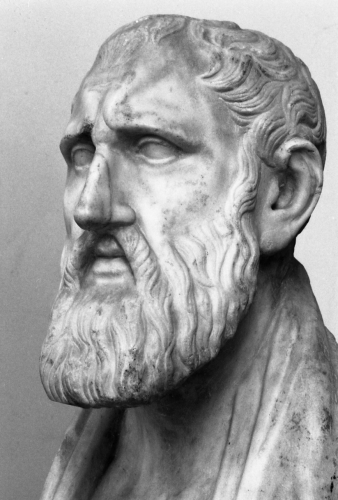 “Show, don’t tell,” besides being good writing advice, is then an important Stoic principle concerning philosophy. One will always be tempted to make a philosophical and political point in order to show off or best another in argument, which of course defeats the whole purpose. Epictetus reiterates the point:
“Show, don’t tell,” besides being good writing advice, is then an important Stoic principle concerning philosophy. One will always be tempted to make a philosophical and political point in order to show off or best another in argument, which of course defeats the whole purpose. Epictetus reiterates the point: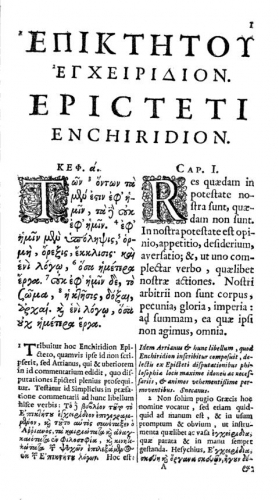 The message is clear: the low spiritual and intellectual condition of “normies” is highly contagious, one must exercise the utmost caution. No doubt this bad condition has been severely aggravated and magnified by television and pop culture.
The message is clear: the low spiritual and intellectual condition of “normies” is highly contagious, one must exercise the utmost caution. No doubt this bad condition has been severely aggravated and magnified by television and pop culture.


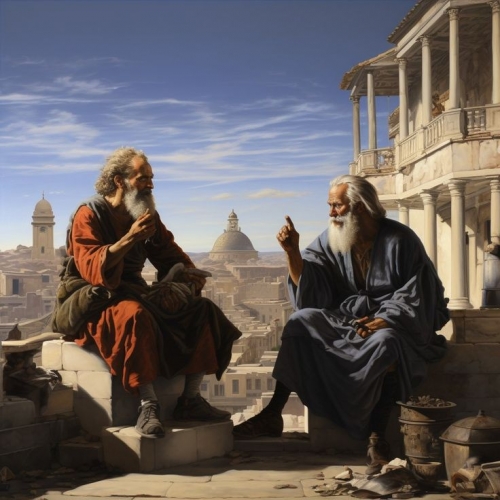
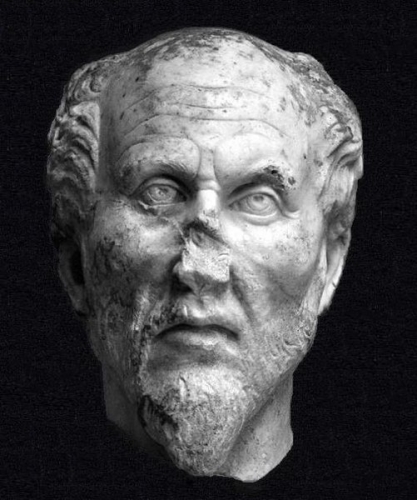
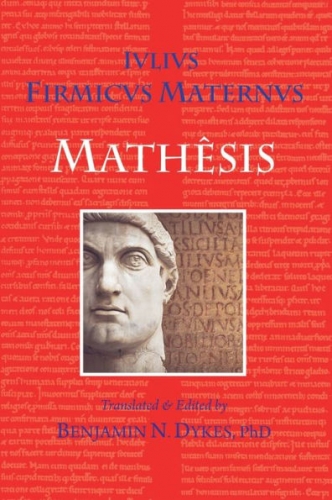
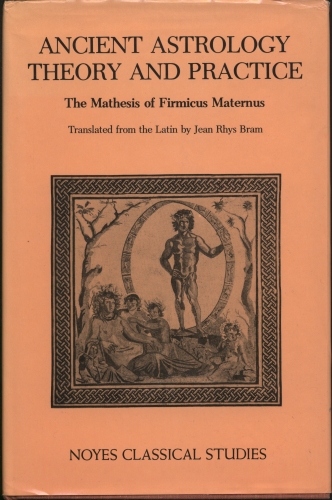
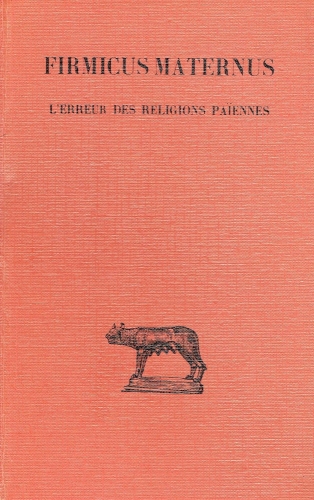
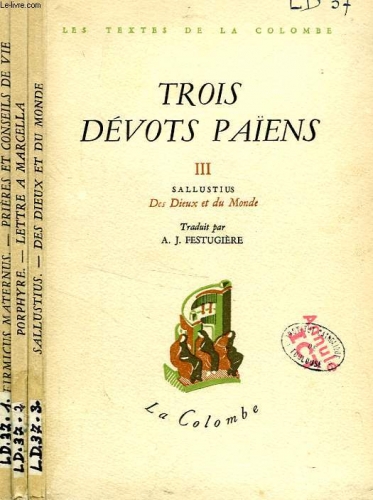
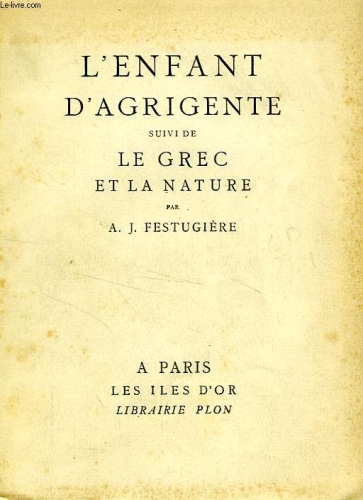
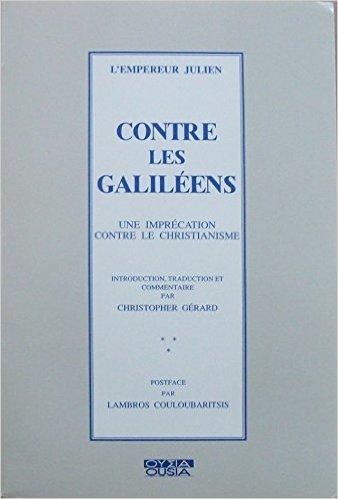
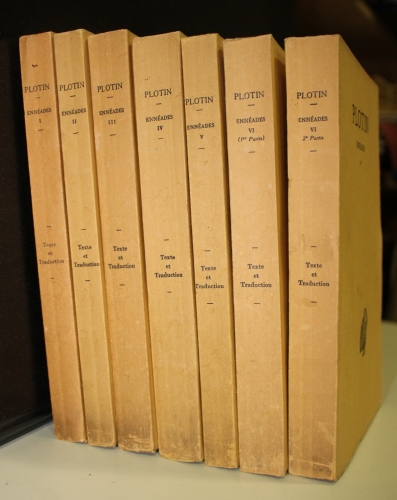
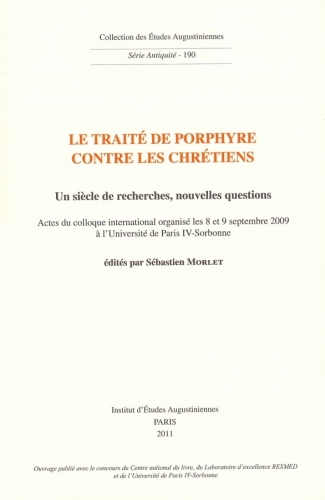
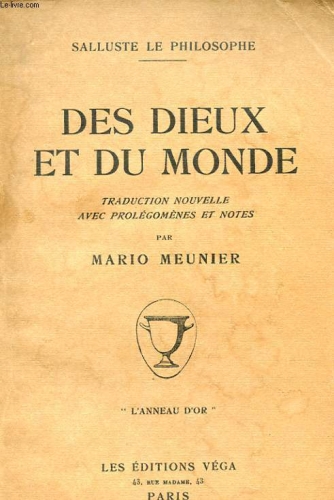
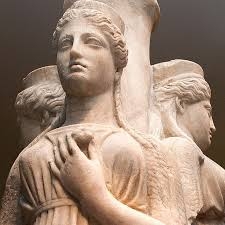
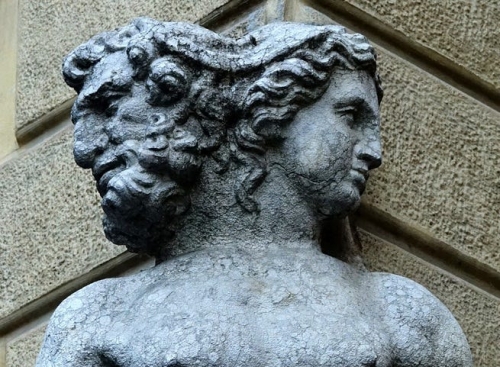

 del.icio.us
del.icio.us
 Digg
Digg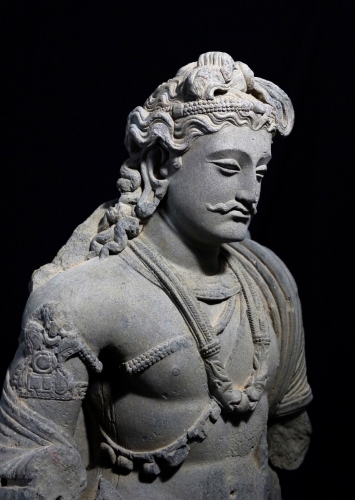
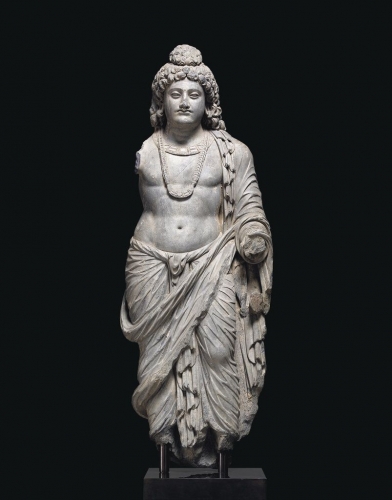
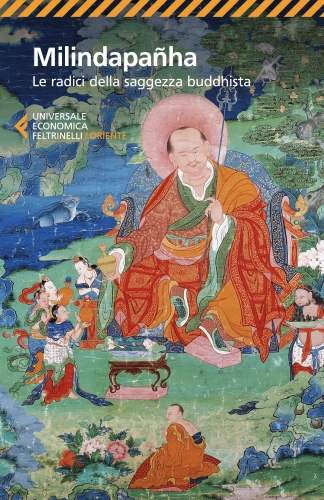
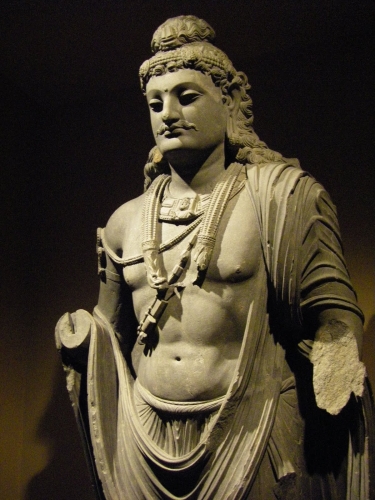
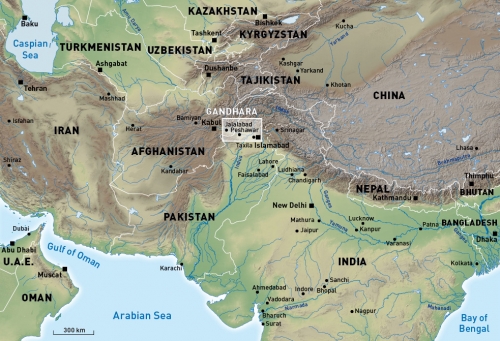
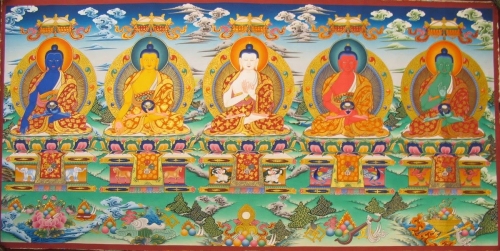
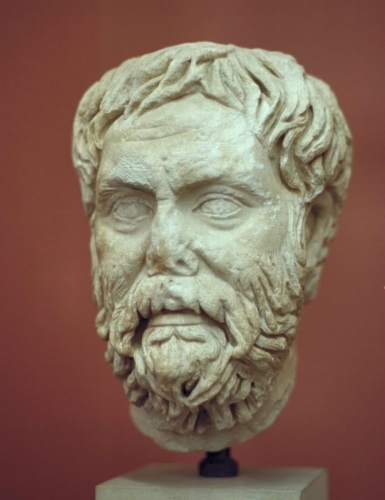
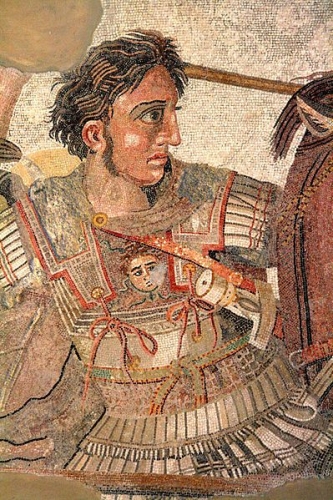
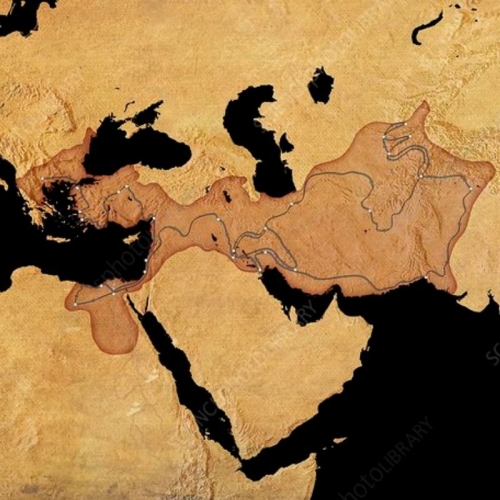
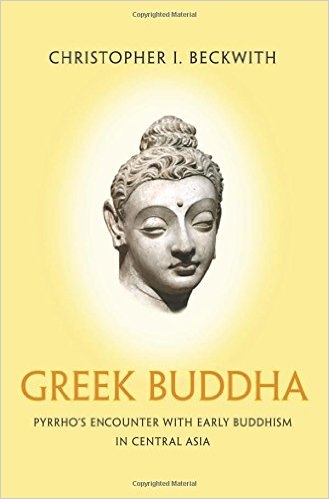
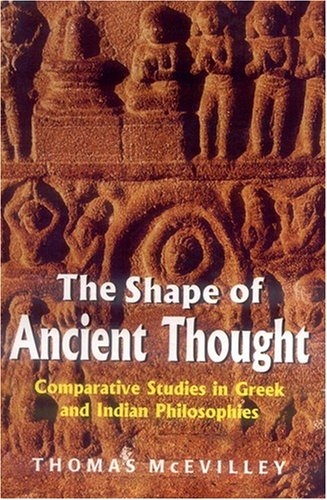
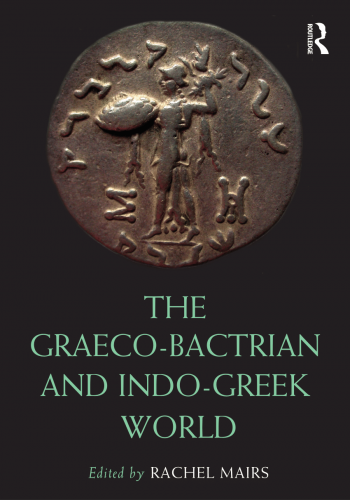
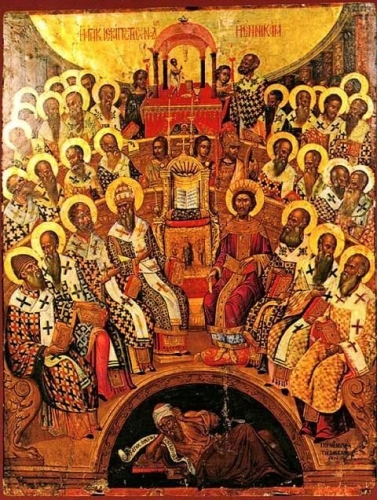
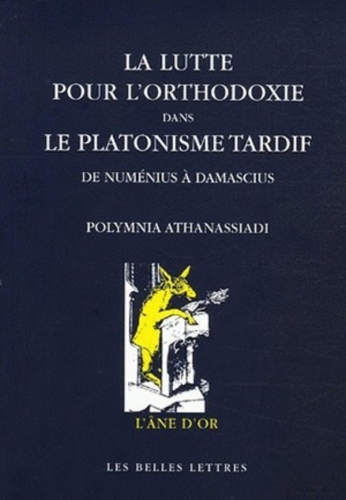
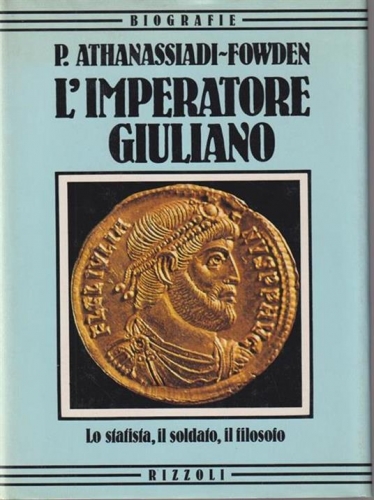
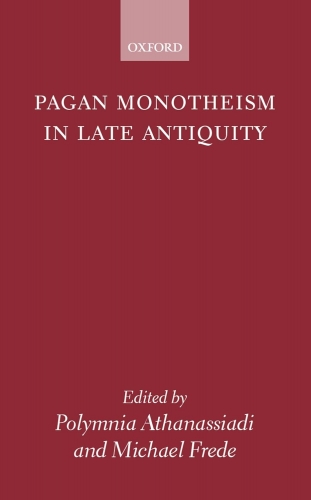
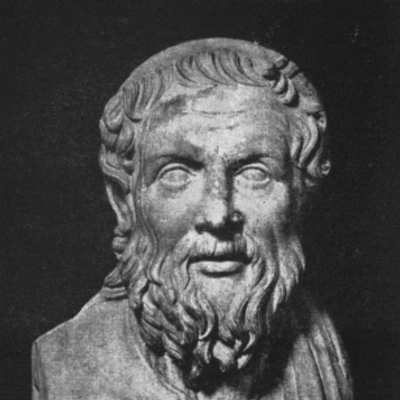
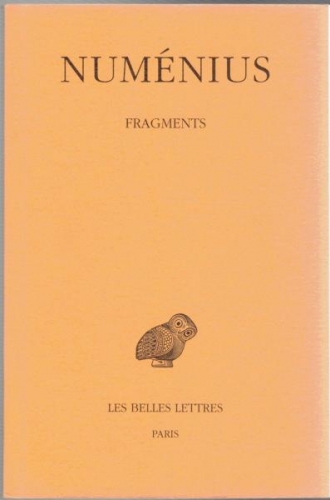
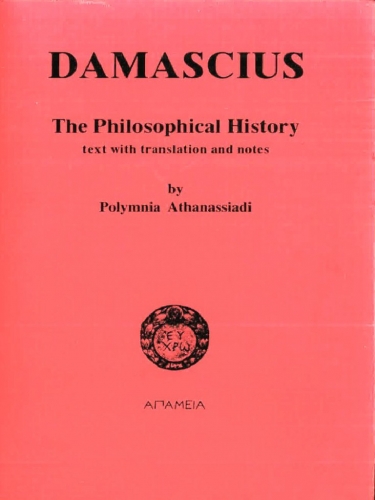
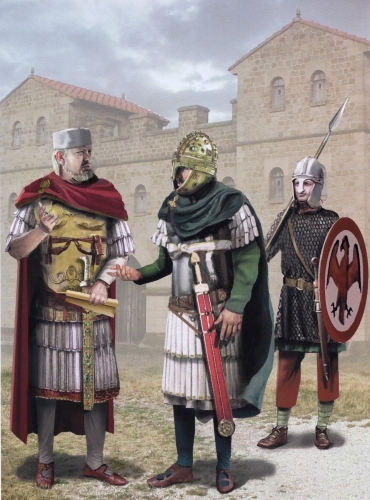
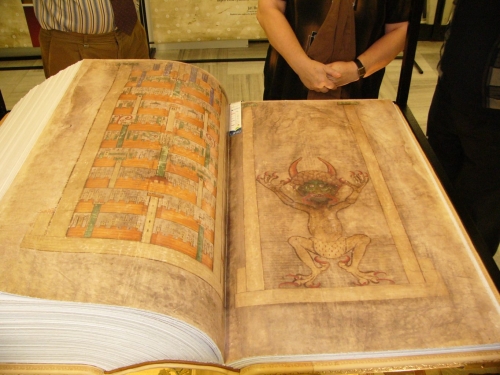
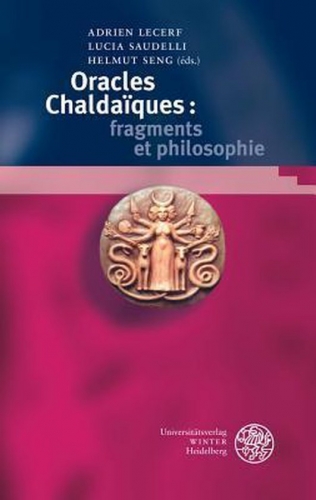
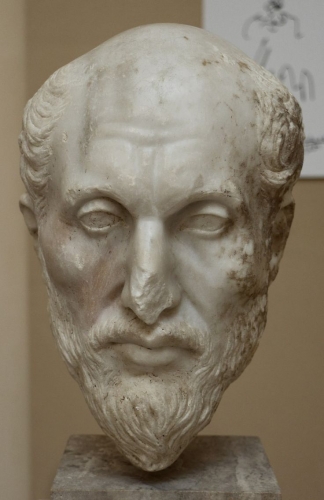

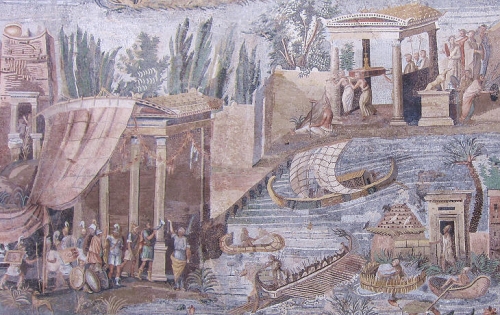
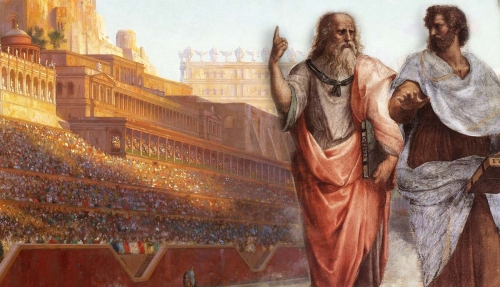
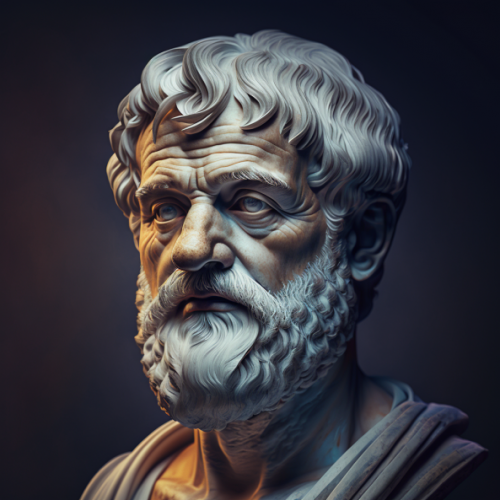
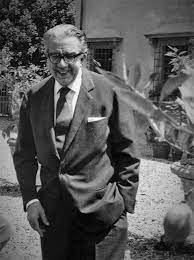
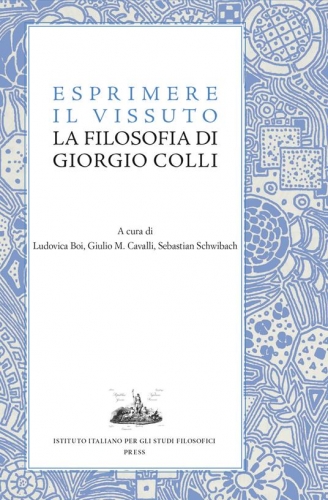
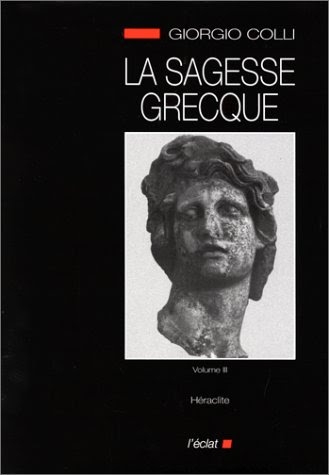
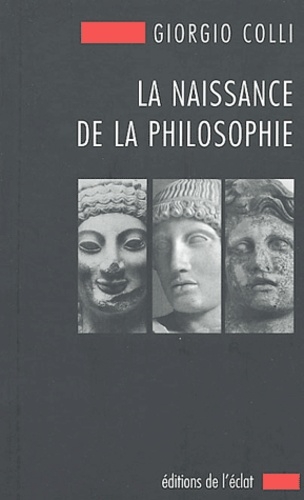
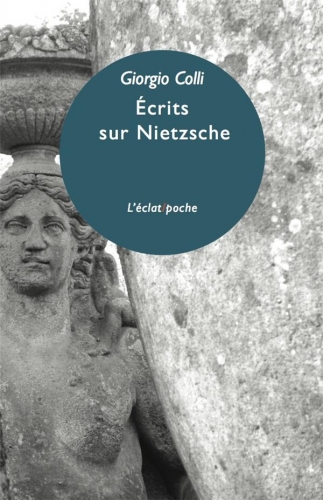
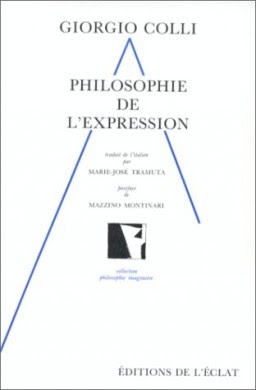 Ludovica Boi s'amuse, avec une argumentation pertinente, de l'influence de la théosophie de Böhme sur le jeune Colli. Le penseur a lu Böhme à la fin des années 1930. Son exégèse du théosophe s'appuie sur les études de Paul Dessen et de Karl Joël. Pour ce dernier, les présocratiques et le théosophe sont porteurs d'une pensée vivante, dont les échos se répercuteront jusqu'au romantisme. Les sages et Böhme ont vécu, pour Colli, une expérience extra-réelle, une cosmosisation de l'intériorité. Une expérience incommunicable, même s'il arrive parfois, comme au théosophe lorsqu'il entreprend d'écrire Morgenröte (Aurore), d'être frappé par une "urgence expressive" (p. 142). Colli montre un intérêt particulier pour la métaphysique et la cosmologie chez Böhme. Pour l'Allemand, la réalité est le résultat du processus d'autorévélation de l'Urgrund, un principe infondé qui "transcende le plan même de l'être" comme ce qui, dans son essence la plus propre, n'est pas du tout une essence" (p. 145). Cet élément possède en lui-même une volonté qui l'incite à se manifester. Il ne s'agit pas simplement d'immobilité et de transcendance, mais d'un désir: "un aiguillon pour exister" (p. 145). L'autorévélation se compose de sept déterminations qui, dans la plupart des cas, correspondent à un élément alchimique. Le cosmos est constitué de ce septénaire et de l'action rythmique inépuisable de l'Amour-Dieu. Cette action rythmique renvoie à l'unité divine. Tous les contraires sont dans le principe, à commencer par l'être et le néant, l'unité et la multiplicité, l'essence et l'existence. L'"abandon" mystique de Böhme fait allusion à "la réintégration dans l'ordre cosmique, c'est la consommation de l'illusion du deux" (p. 152), qui est vécue comme une expérience, à travers le corps. La pensée et le principe ont des traits corporels et, comme pour les Sages, le Geist est donné dans le Leib. Essence et existence, principe et physis, disent la même chose.
Ludovica Boi s'amuse, avec une argumentation pertinente, de l'influence de la théosophie de Böhme sur le jeune Colli. Le penseur a lu Böhme à la fin des années 1930. Son exégèse du théosophe s'appuie sur les études de Paul Dessen et de Karl Joël. Pour ce dernier, les présocratiques et le théosophe sont porteurs d'une pensée vivante, dont les échos se répercuteront jusqu'au romantisme. Les sages et Böhme ont vécu, pour Colli, une expérience extra-réelle, une cosmosisation de l'intériorité. Une expérience incommunicable, même s'il arrive parfois, comme au théosophe lorsqu'il entreprend d'écrire Morgenröte (Aurore), d'être frappé par une "urgence expressive" (p. 142). Colli montre un intérêt particulier pour la métaphysique et la cosmologie chez Böhme. Pour l'Allemand, la réalité est le résultat du processus d'autorévélation de l'Urgrund, un principe infondé qui "transcende le plan même de l'être" comme ce qui, dans son essence la plus propre, n'est pas du tout une essence" (p. 145). Cet élément possède en lui-même une volonté qui l'incite à se manifester. Il ne s'agit pas simplement d'immobilité et de transcendance, mais d'un désir: "un aiguillon pour exister" (p. 145). L'autorévélation se compose de sept déterminations qui, dans la plupart des cas, correspondent à un élément alchimique. Le cosmos est constitué de ce septénaire et de l'action rythmique inépuisable de l'Amour-Dieu. Cette action rythmique renvoie à l'unité divine. Tous les contraires sont dans le principe, à commencer par l'être et le néant, l'unité et la multiplicité, l'essence et l'existence. L'"abandon" mystique de Böhme fait allusion à "la réintégration dans l'ordre cosmique, c'est la consommation de l'illusion du deux" (p. 152), qui est vécue comme une expérience, à travers le corps. La pensée et le principe ont des traits corporels et, comme pour les Sages, le Geist est donné dans le Leib. Essence et existence, principe et physis, disent la même chose.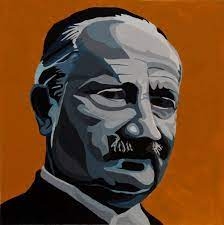
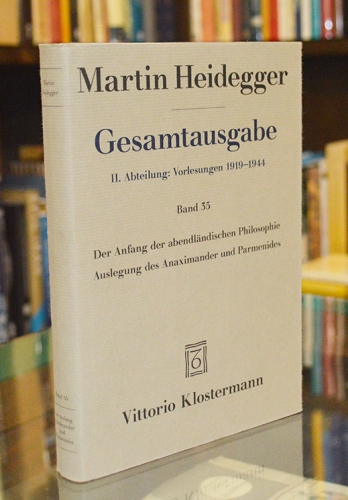
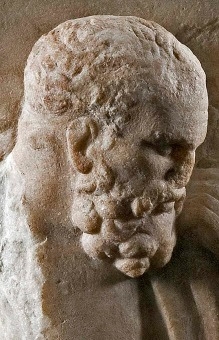
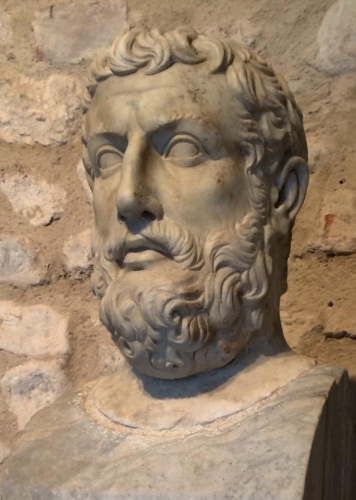
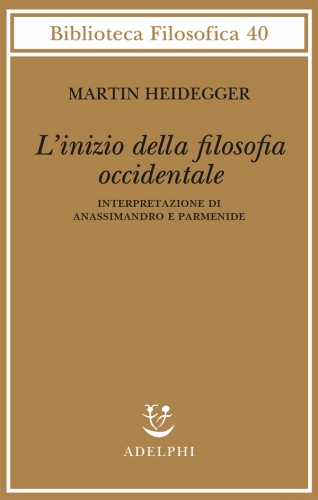
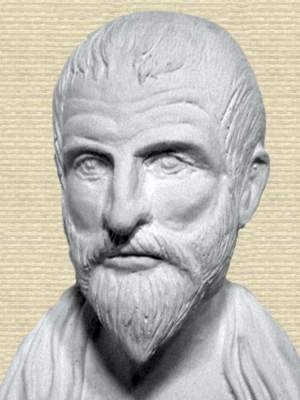
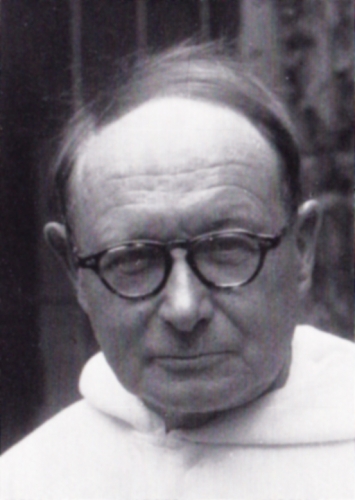
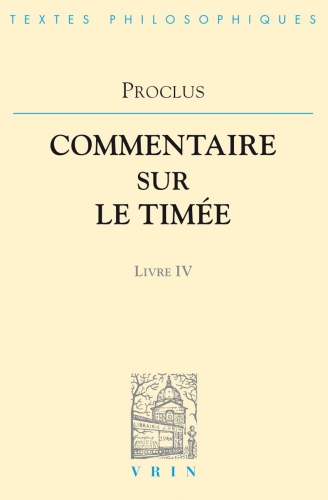
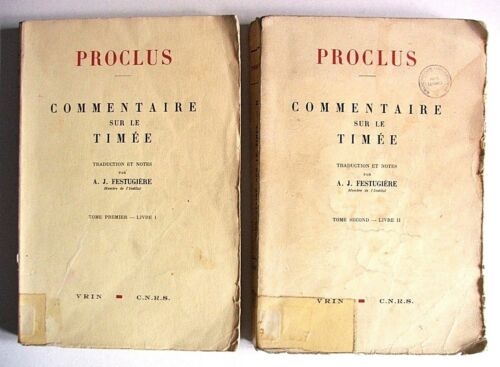
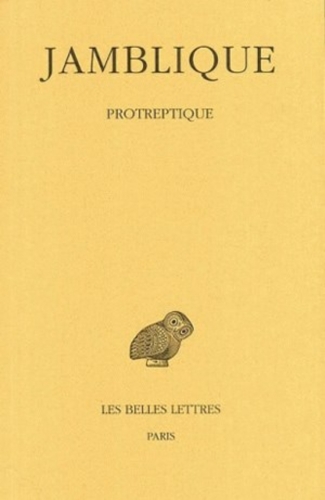
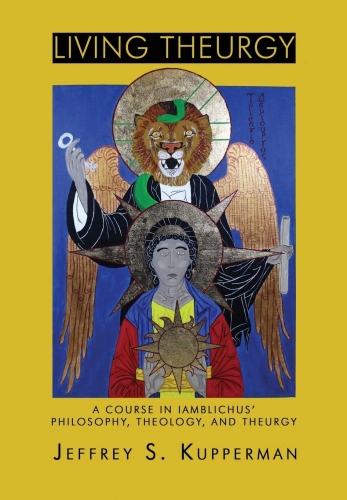
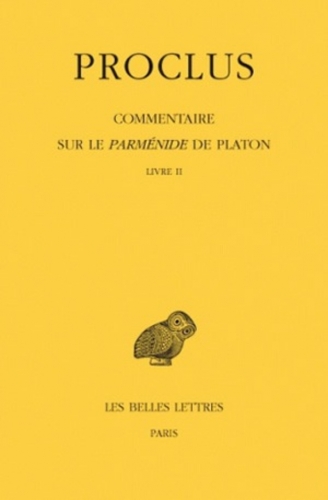
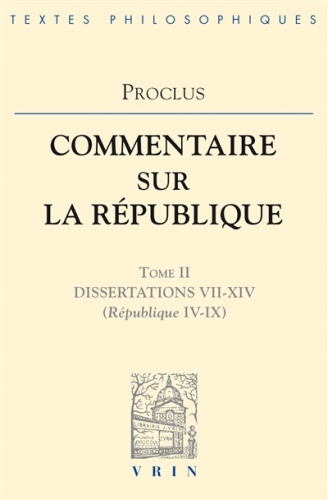
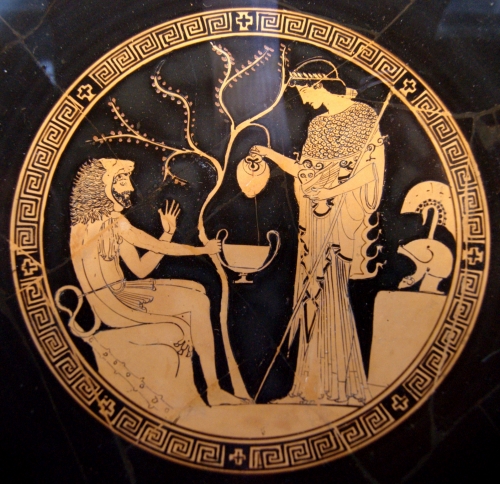
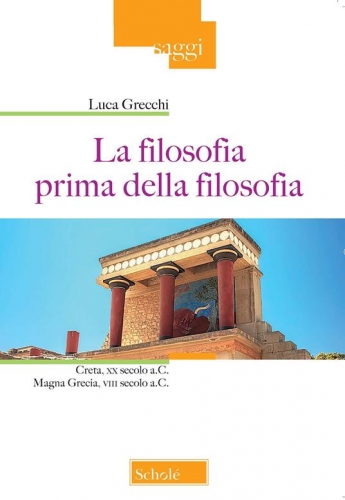
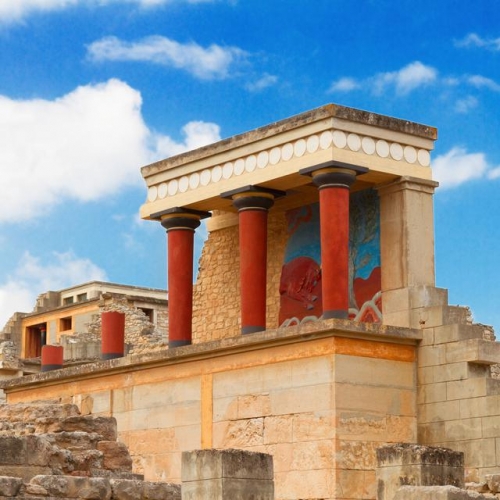
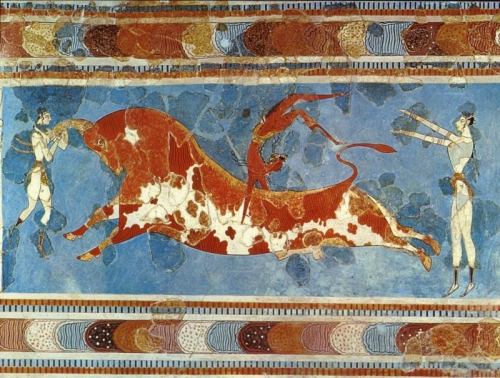
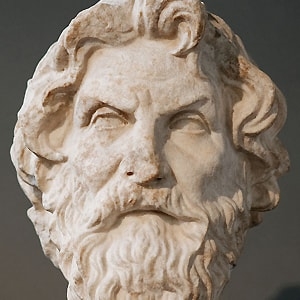
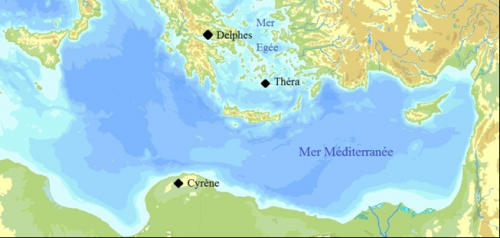
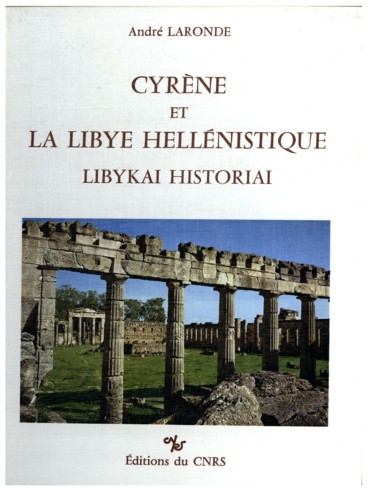
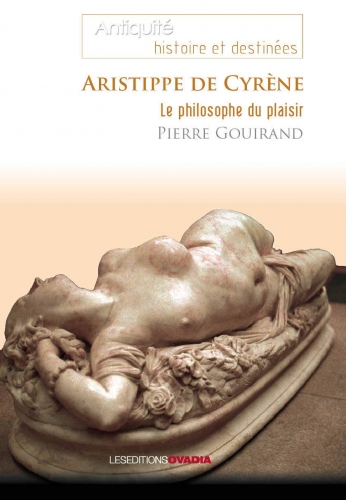
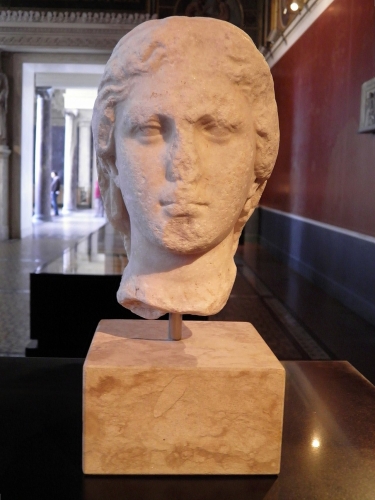
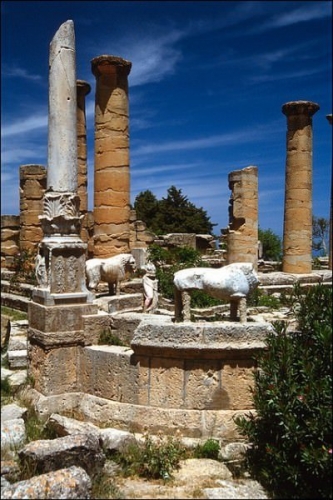
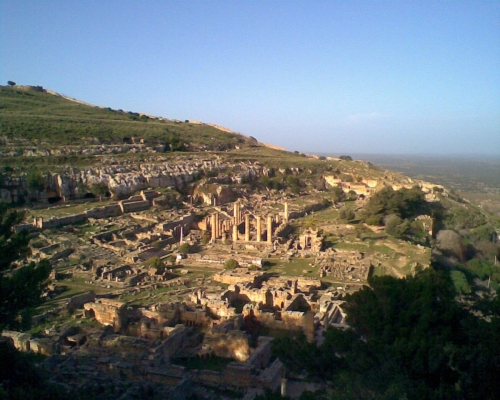
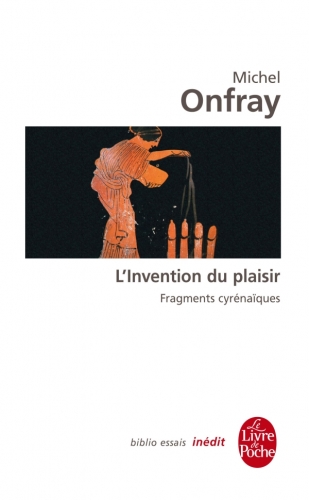
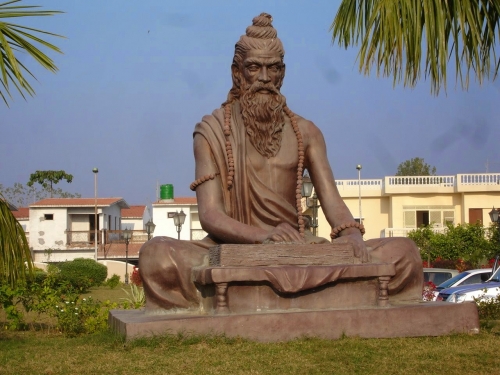
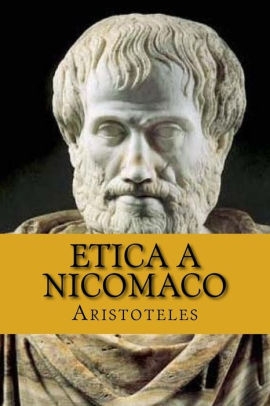 Los hábitos regulares que forman la base moral y ética de la filosofía yóguica se denominan Yamas, a saber: inofensividad, veracidad, honradez, templanza y generosidad, y Niyamas, que abarcan la limpieza, el contento, la austeridad, el estudio de uno mismo y la devoción a un ideal.
Los hábitos regulares que forman la base moral y ética de la filosofía yóguica se denominan Yamas, a saber: inofensividad, veracidad, honradez, templanza y generosidad, y Niyamas, que abarcan la limpieza, el contento, la austeridad, el estudio de uno mismo y la devoción a un ideal.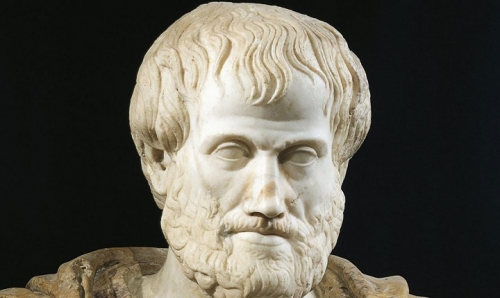
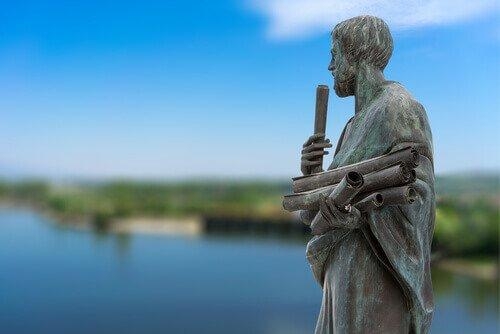
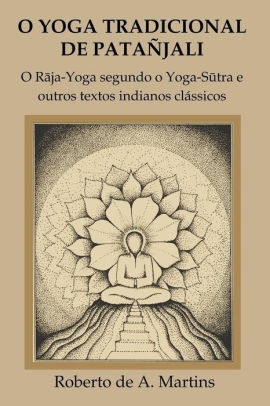 Patánjali también nos habla del Dios último y enfoca la vida del hombre virtuoso y bueno en función de la consecución de una unión con lo divino. Cuando I. K. Taimni (1979)
Patánjali también nos habla del Dios último y enfoca la vida del hombre virtuoso y bueno en función de la consecución de una unión con lo divino. Cuando I. K. Taimni (1979)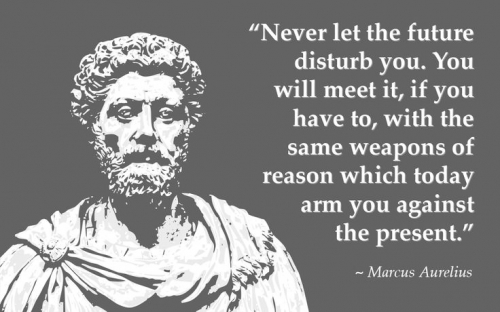
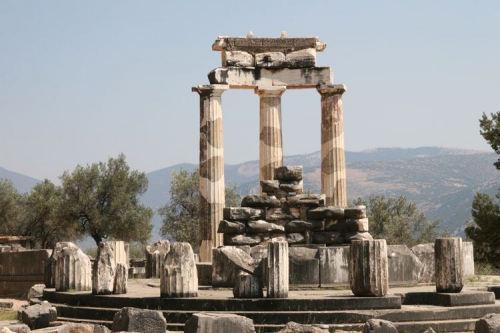
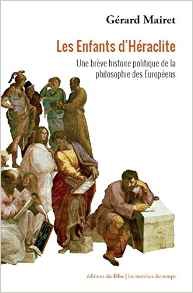
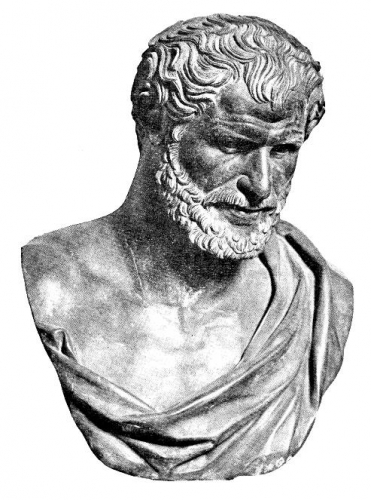
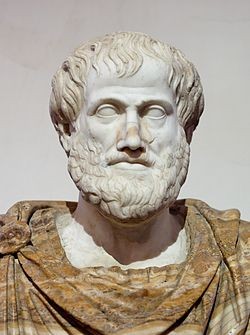

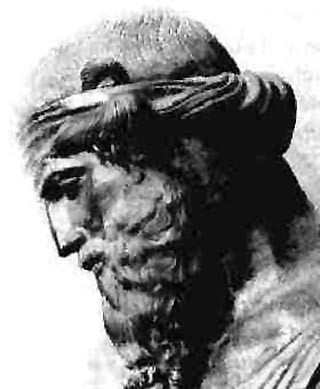
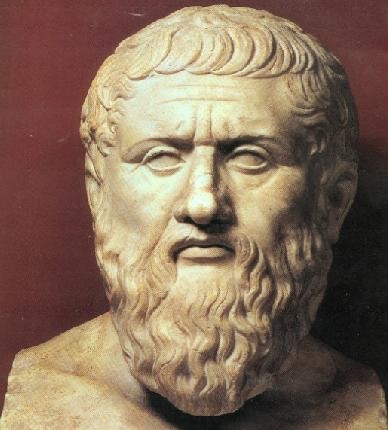
 Nous pourrions dire qu'un des drames essentiels de notre époque se trouve dans ce "règne de la quantité" qui ne nous donne plus du nombre qu'une conception résiduelle. Nous affirmons volontiers que "comprendre c'est mesurer", nous nous rendons maître et possesseurs de la nature", nous développons une puissance technique de plus en plus considérable mais, si nous savons bien de quoi la science et la technique nous libèrent, nous oublions de nous demander en vue de quoi elles nous rendent libres. Nos mesures sont de plus en plus privées de Mesure et nous vivons chaque jour davantage sous le joug de violences techniques qui, pour douces et insidieuses qu'elles soient, n'en sont pas moins des plus dangereuses. En outre, notre conception résiduelle de la quantité s'exerce dans un nouveau domaine : celui de la statistique. Celle-ci nous amène à confondre la moyenne et la norme, ce qui se fait et ce qui devrait se faire, la quantité et la qualité; c'est ainsi que nous pensons volontiers qu'un bon livre est celui qui se vend à des centaines de milliers d'exemplaires, que la vente d'un disque dépassant le million d'exemplaires nous indique que nous sommes en présence d'une oeuvre de qualité. Le culte du record et de la performance envahit tous les domaines et se détache sur un fond de gratuité tel que l'homme d'aujourd'hui, à qui l'on propose de tous cotés des explications de plus en plus nombreuses empruntées à la science, à l'histoire ou à la politique, se reconnaît bien volontiers dans les héros de l'absurde qui montent en haut de pentes de plus en plus escarpées, des rochers de plus en plus lourds sans savoir en vue de quel but a lieu un tel déploiements de forces. Le "désenchantement des sociétés techniciennes" dont parle Max Weber, vient de ce que l'homme des pays surdéveloppés possède aujourd'hui une infinité de moyens qu'il est impuissant à mettre au service d'une fin digne de ses efforts et capable de leur donner un sens.
Nous pourrions dire qu'un des drames essentiels de notre époque se trouve dans ce "règne de la quantité" qui ne nous donne plus du nombre qu'une conception résiduelle. Nous affirmons volontiers que "comprendre c'est mesurer", nous nous rendons maître et possesseurs de la nature", nous développons une puissance technique de plus en plus considérable mais, si nous savons bien de quoi la science et la technique nous libèrent, nous oublions de nous demander en vue de quoi elles nous rendent libres. Nos mesures sont de plus en plus privées de Mesure et nous vivons chaque jour davantage sous le joug de violences techniques qui, pour douces et insidieuses qu'elles soient, n'en sont pas moins des plus dangereuses. En outre, notre conception résiduelle de la quantité s'exerce dans un nouveau domaine : celui de la statistique. Celle-ci nous amène à confondre la moyenne et la norme, ce qui se fait et ce qui devrait se faire, la quantité et la qualité; c'est ainsi que nous pensons volontiers qu'un bon livre est celui qui se vend à des centaines de milliers d'exemplaires, que la vente d'un disque dépassant le million d'exemplaires nous indique que nous sommes en présence d'une oeuvre de qualité. Le culte du record et de la performance envahit tous les domaines et se détache sur un fond de gratuité tel que l'homme d'aujourd'hui, à qui l'on propose de tous cotés des explications de plus en plus nombreuses empruntées à la science, à l'histoire ou à la politique, se reconnaît bien volontiers dans les héros de l'absurde qui montent en haut de pentes de plus en plus escarpées, des rochers de plus en plus lourds sans savoir en vue de quel but a lieu un tel déploiements de forces. Le "désenchantement des sociétés techniciennes" dont parle Max Weber, vient de ce que l'homme des pays surdéveloppés possède aujourd'hui une infinité de moyens qu'il est impuissant à mettre au service d'une fin digne de ses efforts et capable de leur donner un sens.